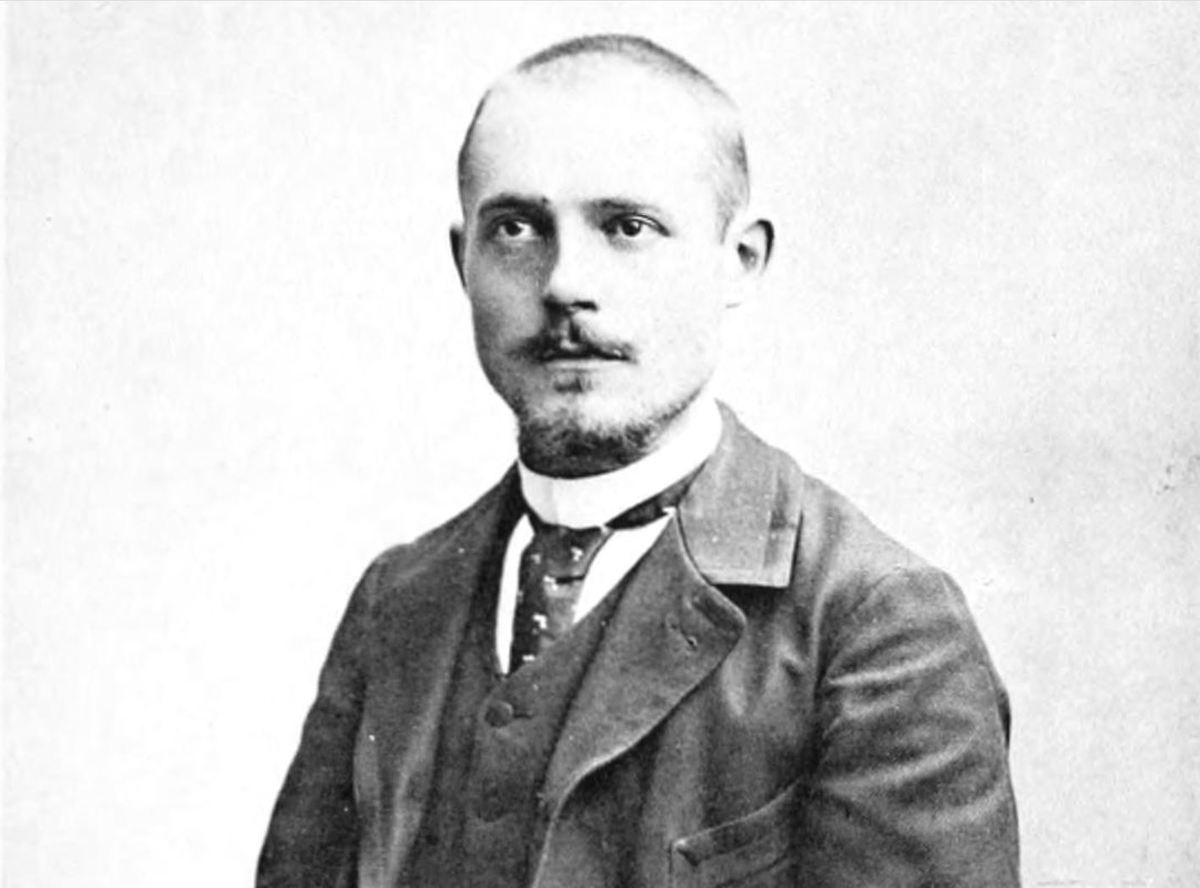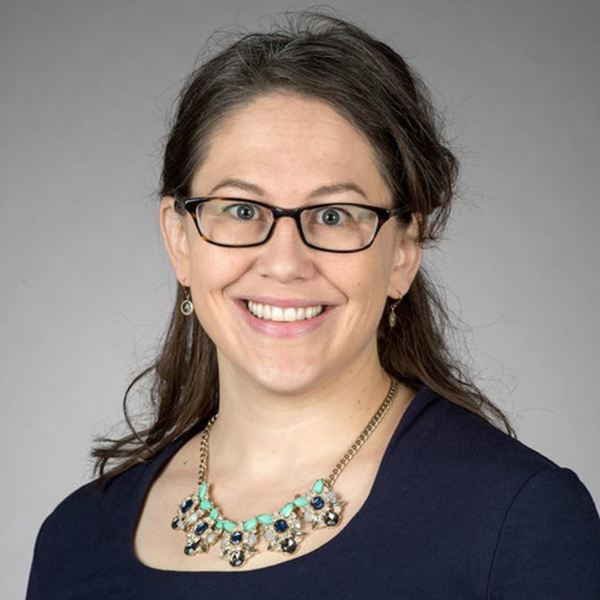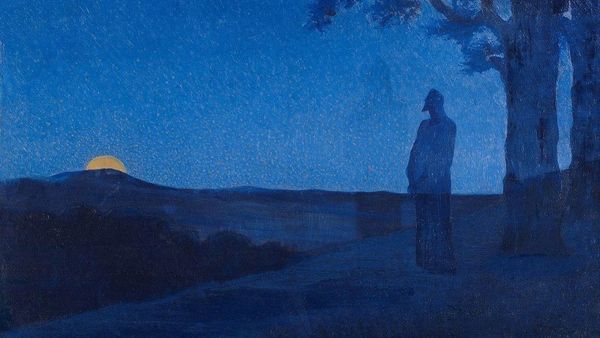What surprises me, says God, is hope.
—Charles Péguy, The Portal to the Mystery of Hope
Every Advent I sit around a small prayer table with four-year-olds and contemplate the great mystery of messianic hope announced by the prophet Isaiah thousands of years ago: “The people who walked in darkness have seen a great light.” We wonder aloud what it is like to wait and long for the light. We wonder how the people of Israel felt when they heard the words of the prophet. We wonder what it is like to be in the dark and to see a great, bursting light. We wonder as we wander around the words of Scripture. Every so often the small voice of a child will chime a single word: “hope.” No lengthy explanation. No theological treatise. No empty platitudes. Small children do not feel the need to give an account of themselves. Just simple, unadorned, astonishing, little, expectant, “hope.”
Hope is a strange thing, gathering in time and memory—memory of the past and, oddly, remembering into the future. It is the peculiar disposition of Christian waiting for the One who waits for us. Hope drives us on and pulls us forward into blinding darkness and veiled light. Hope slips in where despair confidently reigns. Hope waits when waiting means walking in a valley of tears. The flickering flame of hope bends into the darkness, and the darkness does not overcome it (cf. Jn 1:5). What an odd thing this hope is, willing to bear the weight of sin, willing to endure the costliness of love.
Hope accompanies Abraham as he takes his first step away from his homeland, his relatives, his father’s house, and sets his sight on the horizon of God’s promise (cf. Gen 12: 1). Hope drives him on as he strains toward Moriah with his son Isaac, his only son, the one whom he loves (cf. Gen 22:2). Hope’s kindling lies heavy upon Isaac’s back. Abraham does not know why God has asked him to sacrifice his long-hoped-for son. He does not see how God will keep his promise of descendants that will outnumber the stars of the sky or the sands of earth. Yet hope waits and trusts with certainty that God will not withhold his promise. It is hope that pulls David with his sack full of pebbles toward the ironclad invincibility of Goliath. It is hope that gives Moses the strength to stand before Pharaoh and declare, “‘Thus says the Lord: Let my people go to serve me’” (Ex 7:26). It is in the shadowy darkness of a sinful humanity that Our Lady whispers hope: “Behold, I am the handmaid of the Lord. May it be done to me according to your word” (Lk 1:38). And it is in the brilliant overshadowing of her womb that the Holy Spirit whispers back the impossible possibility of eternal love. Ablaze with the body of Christ, the hope of God steals into the world in the silence of the Virgin’s heart.
French poet Charles Péguy saw that “little hope who seems like nothing at all” is in fact the most astounding of the virtues, surprising even God. At the center of his poetic triptych, The Portal to the Mystery of Hope, the poet develops a vocabulary of hope, indestructible fragile hope. The God who hopes for us, indeed, whose hope for us is the long-suffering of love, is our hope. The one whom we await in Advent, is the very One who waits for us, who hopes in us.
Terrible love, terrible charity,
Terrible hope, truly terrible responsibility,
The Creator has need of his creature, put himself in need of his
creature.
And can’t do anything about it.
A king who has abdicated into the hands of each one of his subjects
Merely absolute power.
God needs us, God needs his creature.
He has, as it were condemned himself thus, condemned himself to this.
He lacks us, he lacks his creature.
He who is everything needs him who is nothing.
He who can do everything needs him who can do nothing.
He has handed over his full power. . . .Thus the young hope
Takes over, takes up, remakes . . .He put himself in the circumstances of needing us.
What rashness. What confidence.
Well or misplaced confidence, that all depends on us.
What hope, what obstinacy, what one-sidedness, what incurable strength of hope. (84–5)
In loving us, God has made himself dependent on us. Yes, “God has deigned to hope in us, because he wanted to hope for us, wait for us. . . . It’s he who waits for us, for the most miserable sinner” (81). And so for Péguy, to hope is to be a child: innocent, naïve, helpless, new, to partake in the holy repose of child, to play the same games, to run the same paths, to pray the same prayers day after day with all the newness and vigor that God sighed into creation that first day, that he whispered into Mary’s womb, making time full, and that he groaned in joy as it flowed from his side. This grace of hope surprises even God.
What must my grace, and the strengths of my grace, be so that this
little hope, vacillating at the breath of sin, trembling with
every wind, anxious at the slightest breath,
be as constant, remain as faithful, as righteous, as pure; and invincible,
and immortal, and impossible to extinguish; as that little flame
in the sanctuary.
That burns eternally in the faithful lamp.
One trembling flame has endured the weight of worlds.
One vacillating flame has endured the weight of time.
One anxious flame has endured the weight of nights.
Since the first time my grace flowed for the creation of the world.
Since my grace has been flowing forever for the preservation of the
world.
Since that time that the blood of my son flowed for the salvation of the world.A flame impossible to reach, impossible to extinguish with the breath
of death. (6–7)
Our hope laid speechless in his Mother’s womb, and lies in silence even now under the flickering flame upon every altar, remembering us into the future.


